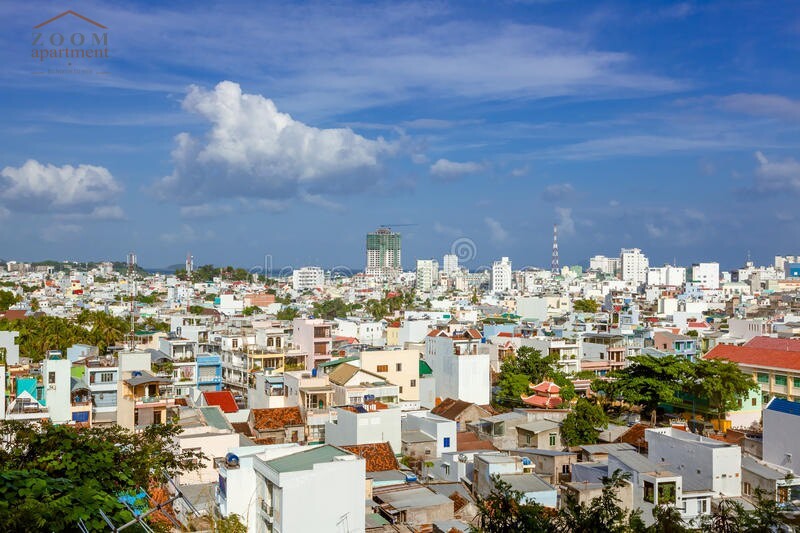A Guide for Vietnamese Overseas: Investing in Real Estate in Vietnam
 Th03 31, 2023|8258 Lượt xem
Th03 31, 2023|8258 Lượt xem
Introduction
Vietnam has a rich cultural heritage and a rapidly growing economy, making it an attractive destination for many Vietnamese overseas who wish to invest in real estate. However, as with any real estate investment, it is important to understand the legal framework and regulations that govern such investments.
The Housing Law 2014 & Apartments
One of the key regulations that applies to overseas Vietnamese is the Housing Law 2014. This law allows overseas Vietnamese to purchase and own residential properties in Vietnam. Unlike foreign investors, overseas Vietnamese are not subject to the 30% ownership limit. This means that they can own the entirety of a residential property in Vietnam without any restrictions.
Land-Use Rights
The Housing Law 2014 allows overseas Vietnamese to purchase land-use rights for residential purposes. This gives them the right to use the land for a specified period of time, which is typically up to 50 years. Upon expiration, the land-use rights can be renewed. However, it is important to note that overseas Vietnamese are not allowed to purchase land for commercial purposes, such as for business operations.
Eligibility Requirements
To be eligible to purchase real estate in Vietnam, overseas Vietnamese must provide certain documents, such as a valid passport or ID card, and must comply with Vietnamese tax laws. It is also important for overseas Vietnamese to ensure that the property they are purchasing has clear ownership rights and is not involved in any disputes or legal issues.

Transparency in the Real Estate Market
One of the challenges that overseas Vietnamese may face when investing in real estate in Vietnam is the lack of transparency in the real estate market. This can make it difficult for overseas Vietnamese to determine the true value of a property and to identify any potential risks associated with the investment. As a result, it is recommended that overseas Vietnamese seek the advice of a local lawyer or real estate expert to help guide them through the process.
Other Laws and Regulations
In addition to the Housing Law 2014, there are several other laws and regulations that overseas Vietnamese should be aware of when investing in real estate in Vietnam. For example, the Law on Real Estate Business 2014 governs the operation of real estate businesses in Vietnam. The law requires that real estate businesses register with the local authorities and comply with certain regulations related to advertising, marketing, and transaction procedures.
The Law on Land 2013
Another key law that overseas Vietnamese should be aware of is the Law on Land 2013. This law governs the use and management of land in Vietnam and sets out the procedures for acquiring land-use rights. The law also establishes the responsibilities of land users and the penalties for violations.
When investing in real estate in Vietnam, it is important for overseas Vietnamese to carefully consider their financing options. While some overseas Vietnamese may have sufficient funds to purchase real estate outright, others may need to obtain financing from a bank or other financial institution. In such cases, it is important to understand the terms and conditions of the loan, including the interest rate, repayment period, and any other fees or charges.
Government Programs and Initiatives
In order to further support overseas Vietnamese in their real estate investments, the Vietnamese government has established several programs and initiatives. For example, the Overseas Vietnamese Affairs Commission provides information and support services to overseas Vietnamese who are interested in investing in Vietnam. Additionally, the government offers tax incentives and other benefits to overseas Vietnamese who invest in certain priority sectors, such as infrastructure and real estate development.
Conclusion
In conclusion, the real estate law for Vietnamese overseas in Vietnam is relatively straightforward and allows for the purchase and ownership of residential properties and land-use rights. However, as with any real estate investment, it is important to do
You need tologinto comment the article

 0963913137
0963913137 Zalo
Zalo












(*) If any details should be updated, kindly comment below. Fastly we recheck! For future visitors’ benefit, much appreciated!
No comment yet